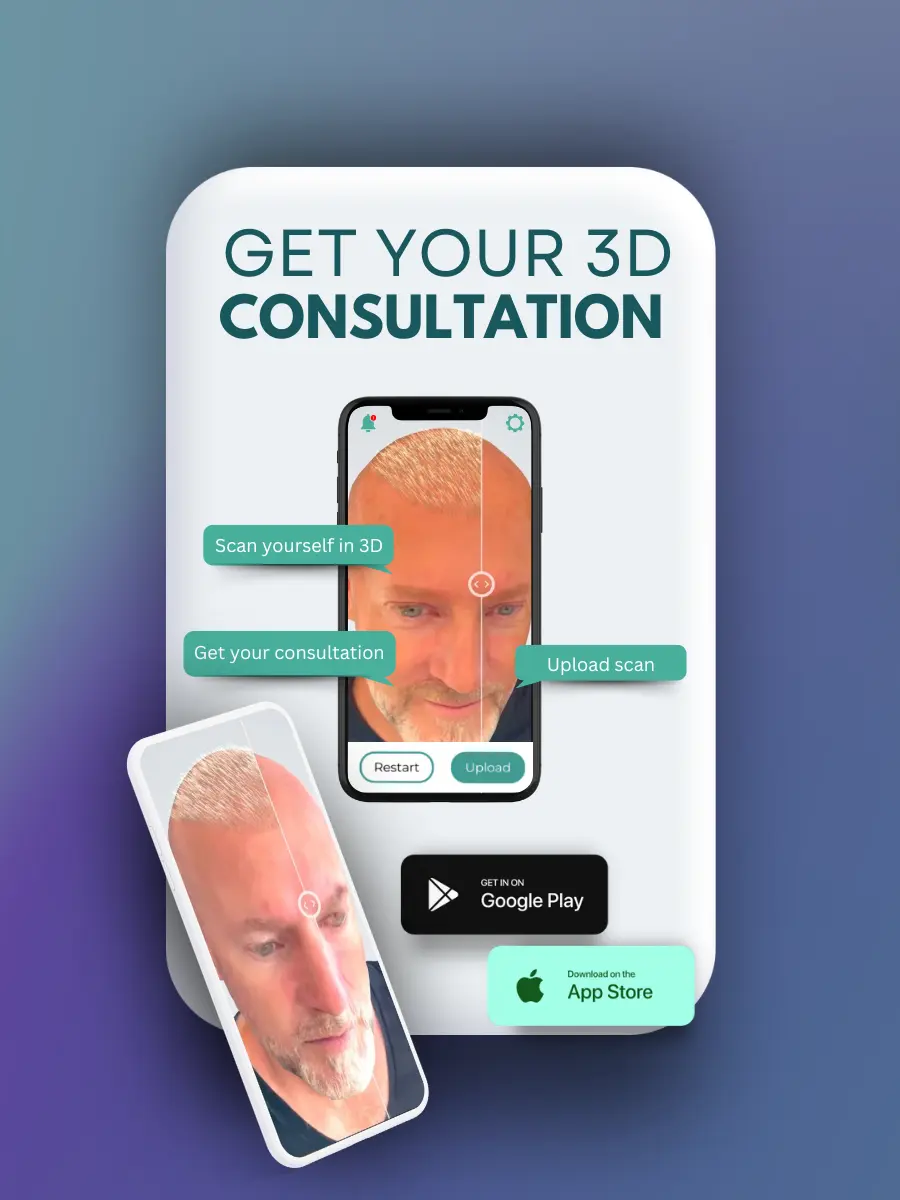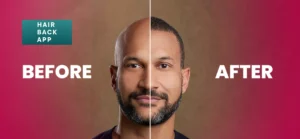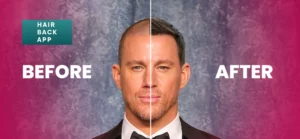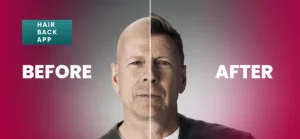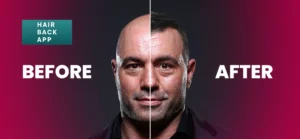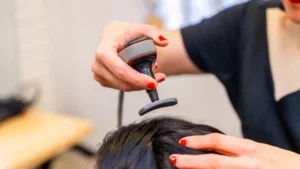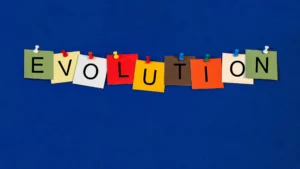Cultural views on hair loss are complex and varied, reflecting the distinct meanings, symbolism, and social consequences that different societies assign to hair loss. Hair loss is a universal experience that transcends borders, languages, and generations.
From pride and power to shame and vulnerability, hair—and the absence of it—has played a significant role in human societies.
My name is Emma Wright, your resident hair restoration specialist. This article explores cultural views on hair loss, providing insights into identity, beauty standards, and how different societies navigate aging, health, and aesthetics.
Historical Perspectives on Hair Loss
Historically, hair has held profound symbolic significance in various cultures. In ancient Egypt, a shaved head was a mark of hygiene and high status. Egyptian men and women often wore wigs to protect against the harsh sun and as an indication of wealth and sophistication.
In ancient Greece and Rome, a full head of hair was associated with youth and attractiveness. Baldness was seen as a deficiency that took away from the virility of an individual.
Julius Caesar, famously concerned about his receding hairline, is said to have combed his hair forward to hide it, demonstrating that even powerful leaders were not immune to societal pressures regarding hair.
In some Native American cultures, hair represented strength and spiritual connection. Long hair was seen as a gift and source of power. The loss of hair, either through natural balding or as a forced act by colonizers, was considered a profound loss of identity.

Hair Loss in Modern Western Culture
In modern Western culture, cultural views on hair loss—especially for men—are often perceived with a mix of humor, resignation, and sometimes anxiety.
The beauty industry has long capitalized on the fear of balding, marketing products, from shampoos and vitamins to hair transplants to increase hair transplant density and wigs. The portrayal of bald men in media often ranges from villainous to comedic, contributing to the stigma.
However, recent years have seen a shift in perceptions. Celebrities like Dwayne “The Rock” Johnson and Jason Statham have embraced their baldness, reframing it as a symbol of confidence. This changing narrative has helped reduce the stigma, encouraging more men to accept hair loss while exploring hair transplant workout routines to maintain scalp health.
For women in Western cultures, cultural views on hair loss are much more sensitive, laden with social stigma and emotional distress. Women’s hair is frequently tied to beauty, femininity, and health. Hair loss can feel like a loss of identity.
Conditions like alopecia or thinning hair due to hormonal changes are often hidden or treated with post transplant shampoo, wigs, extensions, and medical treatments. However, movements promoting body positivity and authenticity have begun to challenge these norms.
Public figures like Jada Pinkett Smith and Congresswoman Ayanna Pressley have openly discussed their experiences, helping to destigmatize hair loss and empower women to embrace their natural selves.
Cultural Views in Eastern Societies
In many Eastern cultures, cultural views on hair loss also carry significant symbolism, but the attitudes can be different. In India, for example, a full head of hair is often seen as a sign of vitality and beauty. Indian women take pride in their long hair, which is associated with health and marital prospects. Hair care rituals, using natural oils and herbs, are deeply embedded in Indian culture.
For men, hair loss does not carry the same level of stigma as it might in Western societies. While a full head of hair is still ideal, baldness is more accepted, especially as men age. In some cases, shaving the head is seen as a spiritual act. Hindu monks shave their heads as a sign of renunciation of worldly attachments, indicating that hair loss—whether voluntary or natural—can be linked to spiritual growth.
In China, traditional views regard hair as a reflection of overall health. Hair loss can be seen as an imbalance in the body, and treatments often involve Traditional Chinese Medicine (TCM), which seeks to restore balance.
Herbs, acupuncture, and dietary changes are common approaches. In recent years, however, Western beauty standards and global media influence have led to growing concern about role of genetics in hair loss, especially among younger men who fear balding may impact their career prospects.
Religious and Spiritual Interpretations
Cultural views on hair loss also carry religious and spiritual connotations. In Buddhism, monks shave their heads as a symbol of renunciation and humility. The act of shaving the head is a ritualistic shedding of ego, suggesting that hair—or the lack thereof—can symbolize deeper spiritual commitment.
In Christian monastic traditions, men and women take vows that include shaving the head as a sign of devotion. In Sikhism, hair is considered sacred and is not to be cut. Sikhs view hair as a gift from God, and keeping it uncut is a sign of respect. Hair loss can be challenging for Sikhs, as it may feel like a deviation from their religious ideals.
The Role of Technology and Modern Treatments
Technology and medical advancements have significantly impacted cultural views on hair loss. Hair transplants, laser therapy, and medications have become popular solutions for combating hair loss. These treatments are seen as ways to regain confidence and align with societal beauty standards.
Social media has also shaped the conversation around hair loss. Platforms like Instagram and TikTok feature influencers and medical professionals sharing their experiences, making treatments more accessible. This has led to an increased willingness to explore medical options, breaking the notion that hair loss must be accepted.
Gender Differences in Hair Loss Perceptions
Gender plays a crucial role in cultural views on hair loss. For men, hair loss is often seen as a natural part of aging, though acceptance varies. In some cultures, a bald head is seen as a mark of wisdom. In African cultures, shaved heads for men are practical due to climate, and baldness carries less stigma.
For women, hair loss tends to be more culturally fraught. A woman’s hair is often viewed as her “crowning glory.” Women who experience hair loss face intense societal pressure and emotional distress. The rise of social media has exacerbated these pressures, with beauty standards often portraying thick hair as the norm.
However, there is a growing movement toward embracing natural beauty. Women with hair loss due to conditions like alopecia are increasingly sharing their stories, fostering communities of support. This shift is changing the narrative, allowing for a broader definition of beauty that includes women with shaved heads or thinning hair.
Conclusion
Cultural views on hair loss are more than a biological phenomenon; they are a cultural experience that touches on identity, beauty, spirituality, and self-worth.
Different societies have different cultural views on hair loss—some see it as a sign of wisdom, others as a loss of vitality.
As global perspectives evolve, there is hope that the stigma surrounding hair loss will diminish, allowing individuals to embrace their appearance with confidence, regardless of cultural expectations.

